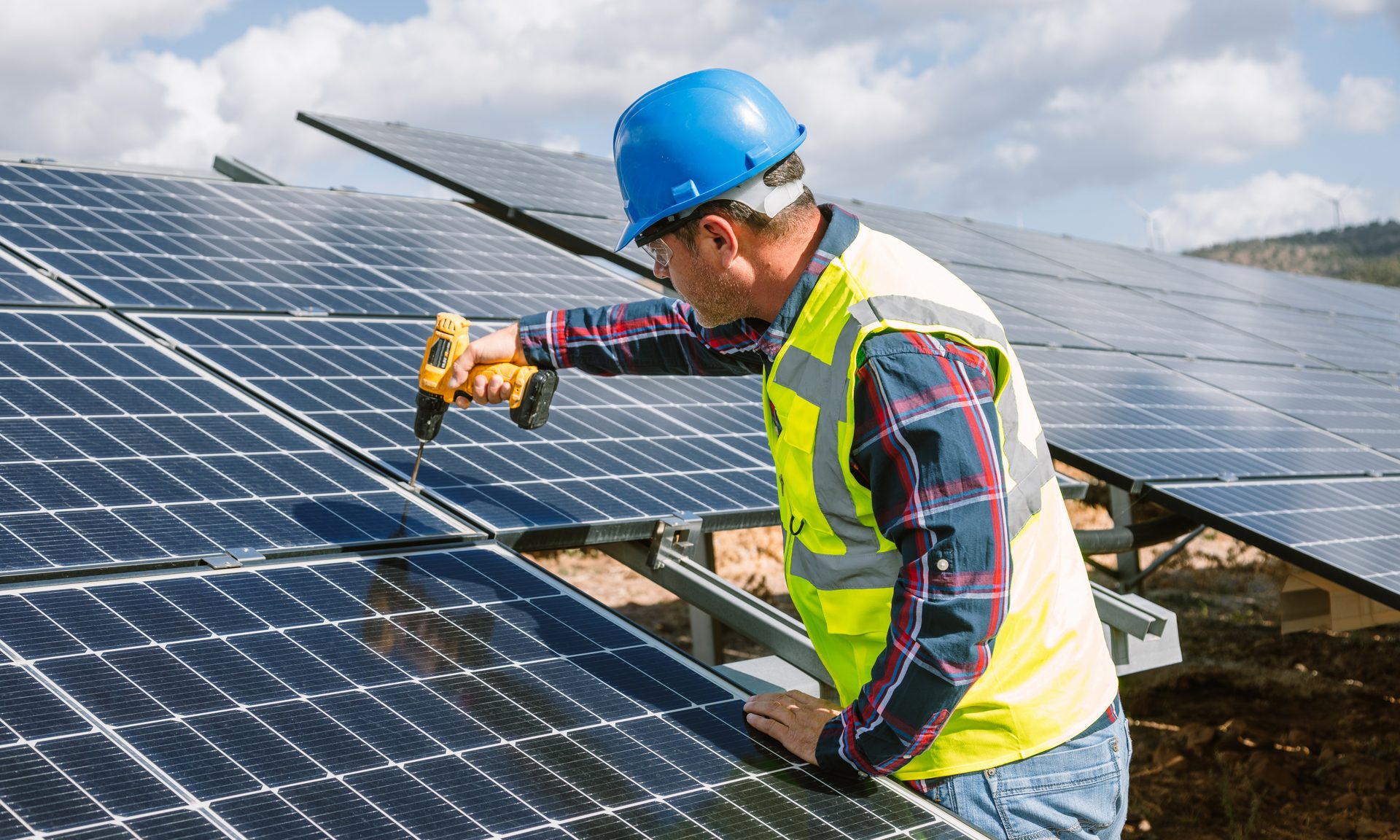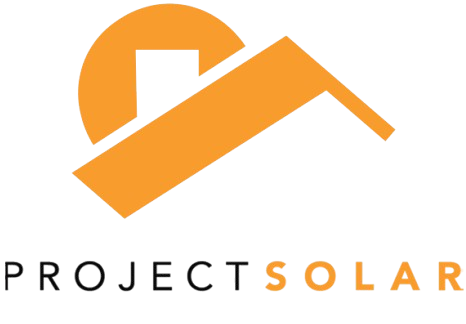Solar Panel Scams and How to Avoid Them
Don't fall for "free" solar panels, guard your personal information and read the contract.

Some or all of the mortgage lenders featured on our site are advertising partners of NerdWallet, but this does not influence our evaluations, lender star ratings or the order in which lenders are listed on the page. Our opinions are our own. Here is a list of our partners.
As solar grows in popularity, more scammers are targeting consumers. Here are three common solar scams to look out for, how to avoid them and how to report solar scams.
» MORE: Pros and cons of solar panels
Scam 1: 'Free' solar
There’s no such thing as free solar panels. There are no federal government giveaways for solar panel installations, and no company is required to offer them for free . You may be eligible for a solar tax credit of up to 30% of the cost of installing a system, but that doesn't make it free.
How the scam works: People posing as solar installers or utility employees call or come to your home and offer free solar panels through made-up government programs or incentives. Sometimes they also claim their company will cover the cost of installation by providing huge rebates. The shady solar installer or fake utility employee pressures you into signing paperwork or paying a large up-front deposit.
What actually happens: The scammers either make off with your deposit or they install the panels but never produce the rebate. Also, the panels often aren’t as efficient as they claim.
Scam 2: Identity thieves with fake solar companies
Legitimate companies typically only need basic details to give you a quote for solar panels. If someone is pressuring you to fill out detailed personal or financial data right away, it's a big red flag.
How the scam works: Fake solar companies or fake sales representatives may reach out via email, by phone or go door to door and request your personal information or have you fill out lengthy forms before offering you any sort of quote or additional information. They’ll give any number of reasons they need your information. For example, the scammers may say they need your address and ZIP code to determine your system size, qualifying rebates or financing. Then, they say they need your Social Security number to run a credit check for financing.
What actually happens: The scammers open credit card accounts or take out loans and mortgages in your name, seriously damaging your credit.
Scam 3: Misleading contracts
Scammers use contracts that overpromise on savings and efficiency, charge way more than the advertised quote or sell confusing warranties that don’t cover a faulty system.
How the scam works: The scammers create a false sense of urgency, claiming that financing, savings or rebates are available only for 24-48 hours. This is to pressure you into signing a contract right away. They also might overstate potential savings and the return on investment for the system they’re selling.
What actually happens: You're on the hook for a much more expensive solar system than you agreed to buy. Those instant rebates aren’t so instant, and you’re likely paying more for a system that isn’t as efficient as the salesperson claims.
How to beat the scammers
If you’re interested in making the switch to solar but are worried about potential scams, here are a few ways to protect yourself.
- Start with your own research. Research solar installers in your area and check their online reviews to get a sense of their reputations.
- Find a certified installer. When you start getting quotes, make sure your solar panel installer is licensed and certified by a respected organization such as the North American Board of Certified Energy Practitioners (NABCEP).
- Get multiple quotes. If one quote is ridiculously high or ridiculously low, something might be off. It’s easier to spot a scam when you have something to compare it with.
- Check the news. Search for recent stories, open cases or settlements associated with the company trying to sell you solar panels.
- Look up existing scams. The Better Business Bureau has a free scam tracker. You can search by company name or keyword to see if there are any active scams in your area.
- Ask questions. A legitimate solar company will be happy to answer questions. If they get pushy or dodge your questions, that's a red flag. Make sure you understand everything in the contract — including the fine print — before you sign on the dotted line.
- Don’t give in to pressure. A legitimate solar installer will be happy to give you time to think things through. If someone starts acting pushy or uses scare tactics, walk away.
» MORE: How long do solar panels last?
How to report a solar panel scam
If you suspect you’re being scammed, there are many consumer protections and resources available to help you fight back.
- Flag misleading social media ads for removal. Most platforms have a process to flag inappropriate or misleading content.
- Report fraud to the Federal Trade Commission (FTC). You can file a report online. The FTC tracks these reports and shares them with law enforcement.
- Report the scam to the Better Business Bureau. Their free scam tracker also allows you to file a report and add your scam experience to their database so their partners can investigate and perhaps help you resolve any issues.
- Report the scam to state authorities. Many states have their own justice departments with resources for reporting scams. Check your state's website to see what help they offer.
- Consult with a lawyer or legal professional. If you've lost money to a scam, talking with a lawyer can be helpful. Your state's justice department website will also have information on filing lawsuits or complaints in small claims court.
🤓 Nerdy Tip
If you’re still not sure where to report your scam, you can fill out a short survey at www.usa.gov/where-report-scams to identify the correct government agency.
Frequently Asked Questions
How do I know a solar installer is legitimate?
Read online reviews to see what past customers have to say about different companies in your area. Make sure your installer is licensed and certified by a respected organization like the North American Board of Certified Energy Practitioners (NABCEP).
Are there ways to save on switching to solar?
Yes, there are legitimate ways to save money on the switch to solar, but you won’t eliminate the upfront cost entirely. Instead, you’ll see savings on your monthly utility bill and get refunds or rebates with net metering options, lower your annual taxes with a 30% tax credit, or take advantage of manufacturer deals and rebates.
Article sources
NerdWallet writers are subject matter authorities who use primary,
trustworthy sources to inform their work, including peer-reviewed
studies, government websites, academic research and interviews with
industry experts. All content is fact-checked for accuracy, timeliness
and relevance. You can learn more about NerdWallet's high
standards for journalism by reading our
editorial guidelines.
- 1. U.S. Department of Energy. Free Solar Panels? Don’t Get Burned. Accessed Jun 12, 2024.
More like this
Related articles
AD
Save On Solar Without the Middleman
Free Instant Quote
on Project Solar's website

AD

Save On Solar Without the Middleman
- $750 OFF install with NerdWallet;
- SolarCare™: top-tier warranty & 25-year production guarantee;
- No sales commissions mean premium equipment & tech at up to half the price.

Free Instant Quote
on Project Solar's website







